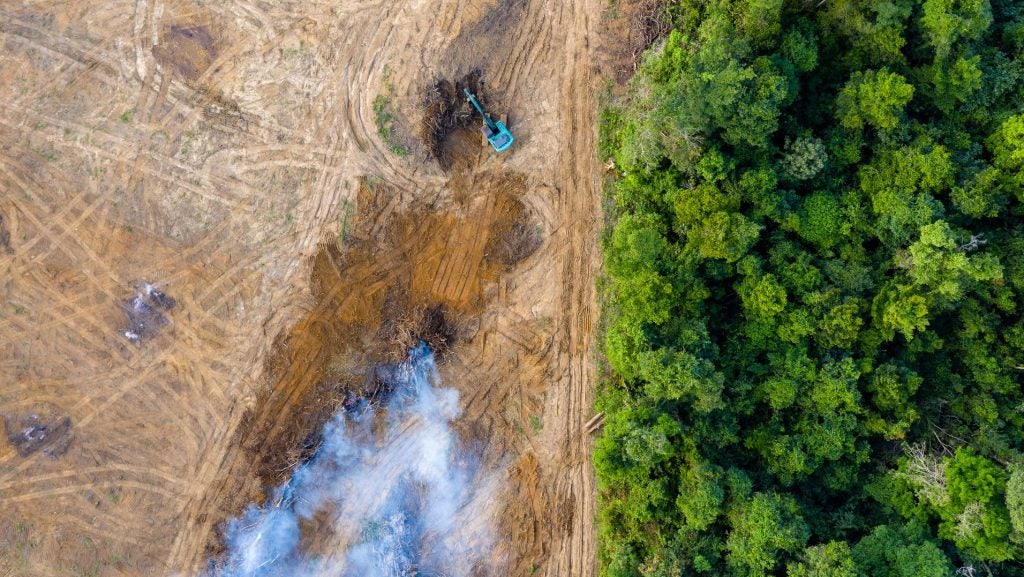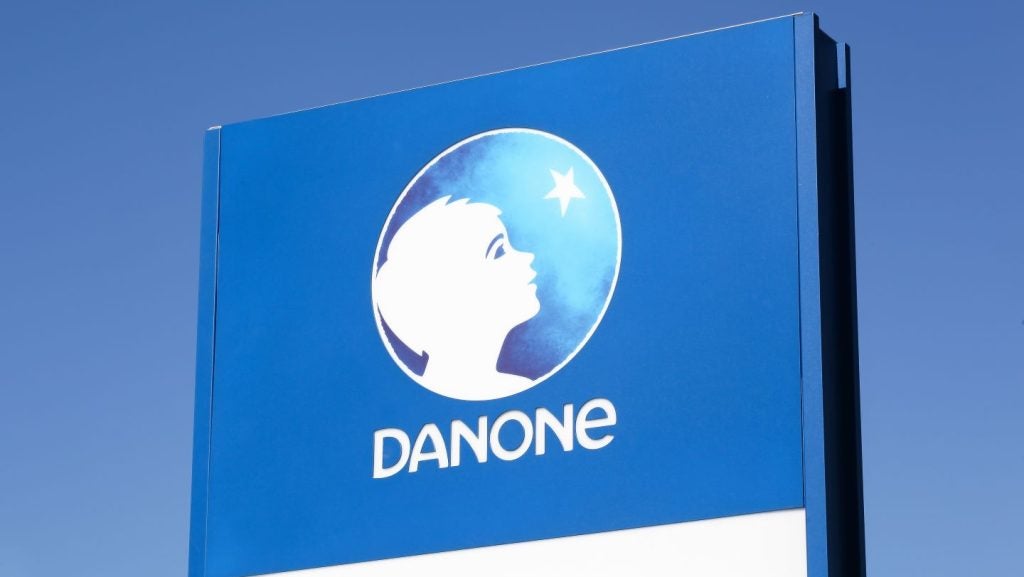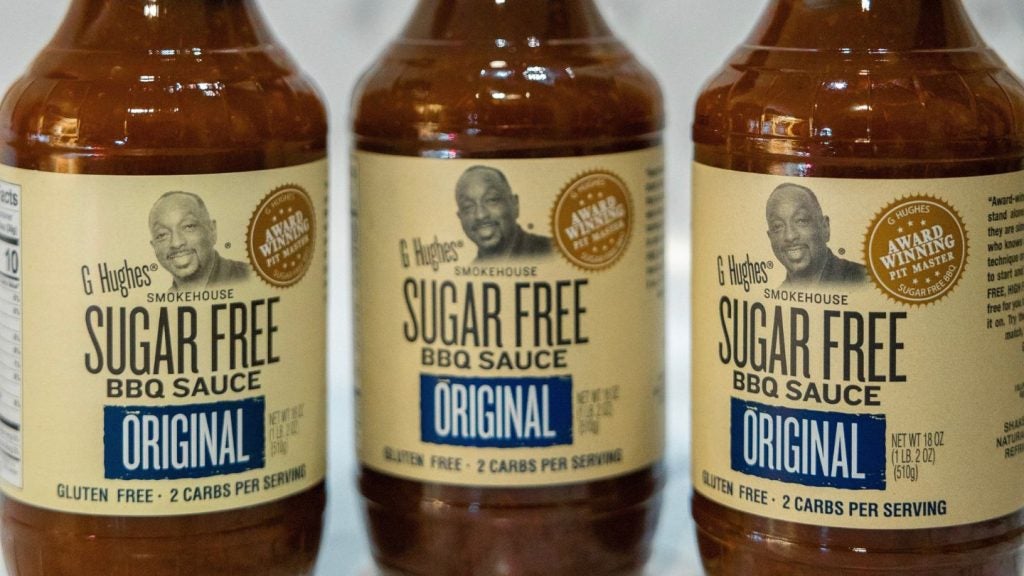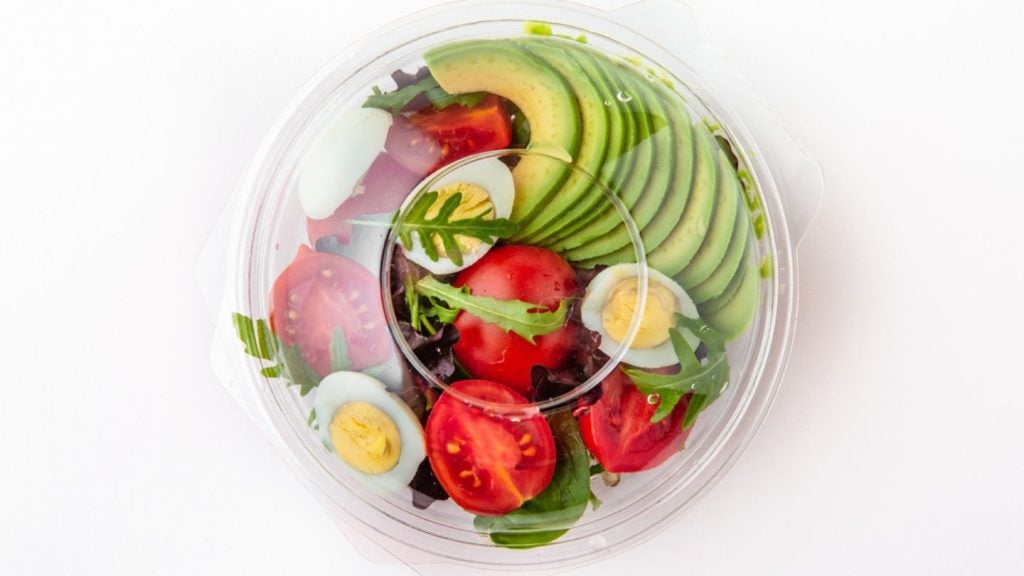The value of investments in climate-focused food start-ups in Europe is predicted to drop this year due to a lack of large funding rounds, new findings show.
The Food for Climate report, compiled by food tech investor FoodLabs and database management group Dealroom.co, expects venture capital cash injections to drop 45% this year to $1.1bn.
The drop would take investments in Europe's climate food-tech segment "to pre-pandemic levels", the report said, "due to the lack of megarounds".
Some of the largest investments in 2023 included an $88m round in aquaculture group First Water, and mycoprotein manufacturer Enough's €40m Series C round.
France received the largest amount of climate-focused food tech money last year, at $416m, a 29% drop compared to the previous year.
Investment in the UK slumped the most out of any country in Europe, dropping 51% year-on-year to $239m.
Despite the drops in two major food tech hubs, significant growth was seen in Belgium, which saw a 973% jump in climate food tech investment, to $118m.
Ranking second after France, Swiss climate food tech companies also booked $354m in investments last year, a 179% jump on the 12 months prior.
Iceland booked the largest annual growth of all, at 8891% to $98m, driven by the fact that no funding had been received by a food tech start-up in the country prior to 2023
Total European climate-conscious food tech investments hit $2bn in 2023, a 2% decline on 2022.
Food investments as a whole in the region also booked a 31% drop in 2023, attracting $4bn.
Despite the slight dip, Europe made up 58% of the total global investments in climate-focused food tech in 2023, taking over the US as its investments in the area dropped to around 35%.
Asian climate-focused food tech funding made up just over 5% of worldwide investments in the category. This is predicted to increase slightly to 8% in 2024.
Alt-protein investment
Funding in alternative proteins in Europe also booked a 23% decline year-on-year in 2023 to $365. Investment is expected to drop again this year by 64% to $128m.
Plant-based and lab-grown meat saw the largest investments in 2023, but mycelium is expected to see the greatest amount of funding this year.
Meat substitutes received the largest amount of funding out of all alternative proteins in 2023. Though this is still expected to be the case this year, funding is predicted to drop by around 20 percentage points to 56%.
Meanwhile, alternative fats and oils and eggs are expected to see their investments jump 13% and 29% respectively.
Cocoa and Coffee alternatives
Last year, sugar alternatives dominated global investment in alternative ingredients at over $50m.
In 2024 however, the report suggests that investments will be directed purely towards cocoa and coffee alternatives, reaching $74m, driven by the surge in raw material prices.
The number of start-ups in this area has been growing globally, with a growing number of major food producers showing interest in using these alternatives in their products.
Despite the increased focus in these areas, the $74m sum marks an overall annual decline in global investment in alternative ingredients of 22%.
















